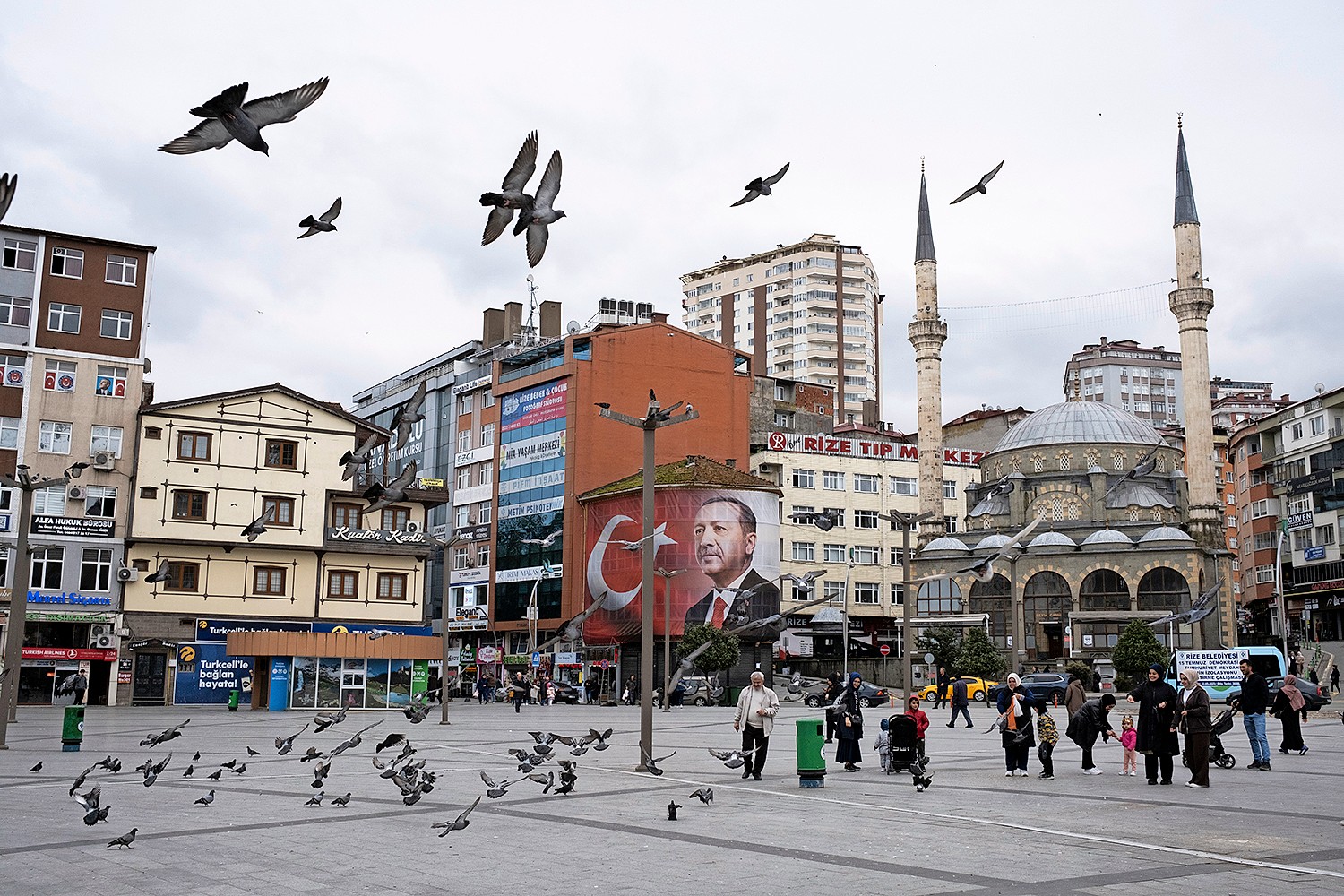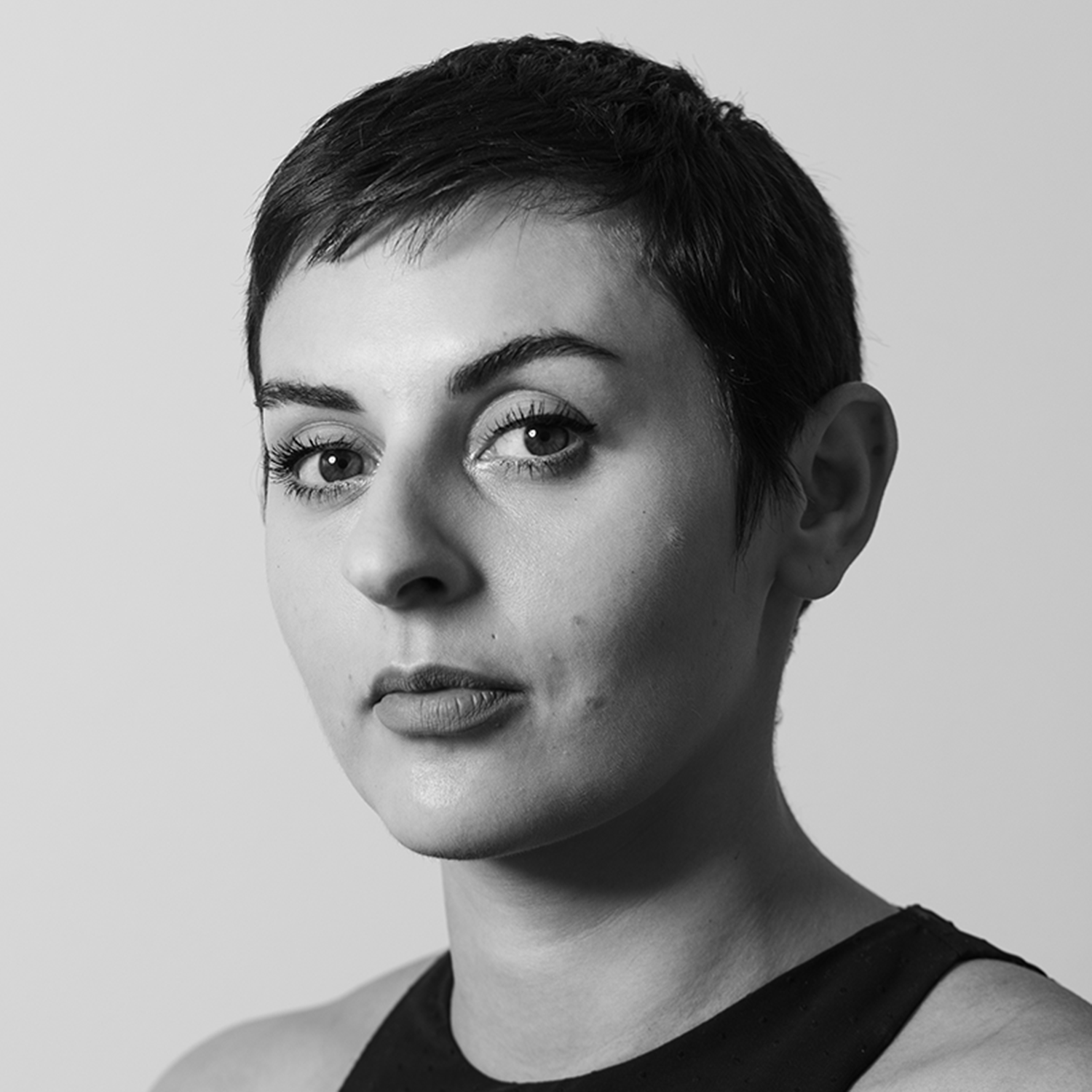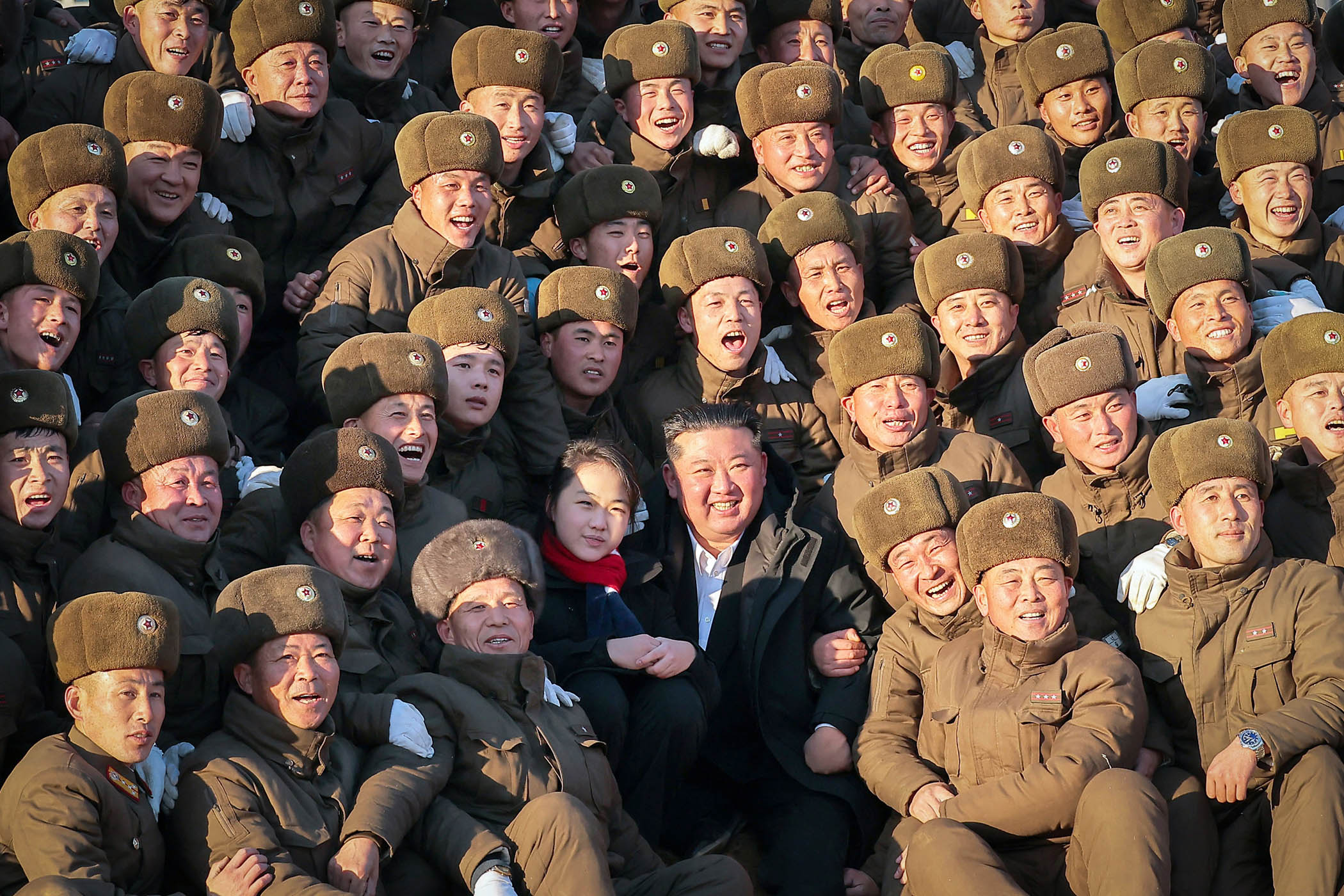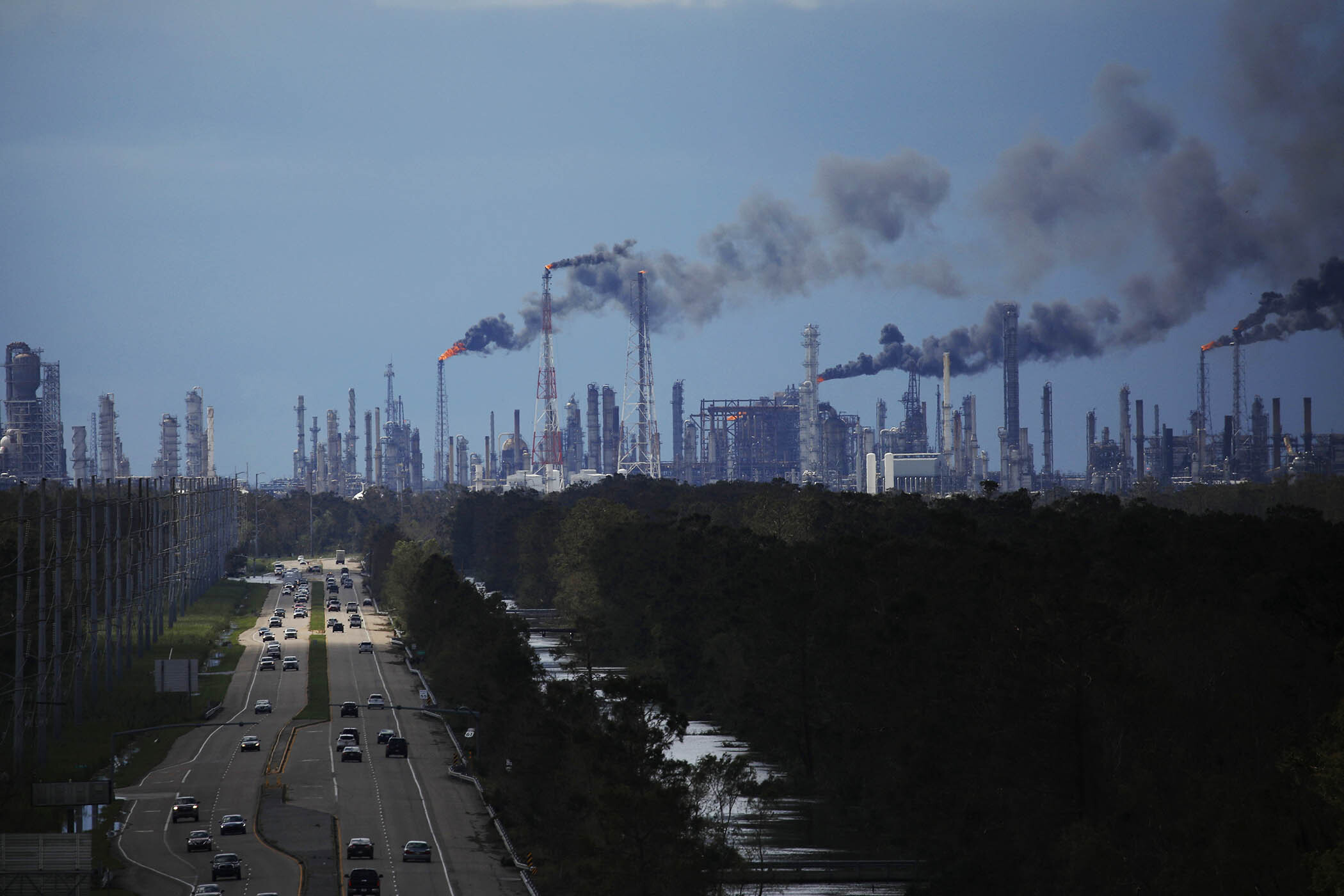Two gigantic portraits of Recep Tayyip Erdoğan tower over Rize town square on Turkey’s Black Sea coast. The president looks younger than his 71 years, with poreless skin and a slight smile, framed by the crimson of the Turkish flag and the gold stars of the presidential seal.
In Rize, Erdoğan’s ancestral hometown, locals say the president is a phone call away. “Sure there are problems,” says Ali Karaca, a hotel owner. “But when you meet him in person you get that sincerity, that warmth. I know that if I am subject to some injustice, the moment I reach Erdoğan, that will be resolved.”
For the 22 years that Erdoğan has ruled Turkey, he has counted on backing from small towns and cities like Rize that dot the Black Sea shore. Presidential elections are set to be held in three years’ time, if not sooner; victory would extend his rule to 2033 and a full three decades in power.
But in recent months, his grip on power has been tested, even in his heartland. Erdoğan claimed that his economic reforms would spur production. Instead, they have tipped the country into financial crisis, raising the cost of living and doing business.
The arrest in March of his main rival, Istanbul mayor Ekrem İmamoğlu, prompted the biggest anti-government protests in more than a decade, including rare demonstrations in Rize. With protesters taking to the streets in his family’s hometown, Erdoğan’s efforts to keep control could have backfired, even in a place considered the epicentre of his support.
‘As his neighbour, I looked for excuses to vote for him but I could never find one’
‘As his neighbour, I looked for excuses to vote for him but I could never find one’
Bayram Erdoğan, tea seller (and namesake)
Rize has been shaped by Erdoğan’s rise. In 2018, he inaugurated a nine-mile highway tunnel linking the coastline to a town deep inland by cutting through a mountain, and a logistics port is planned nearby – all of which could have gone to the far larger city of Trabzon.
The new airport has a control tower shaped like a giant Turkish teacup in a nod to the province’s role as tea producer, and a cluster of neo-Ottoman style buildings, crafted by construction companies with nationwide reach make it feel like the epicentre of the Turkish construction boom that has marked the Erdoğan era.
For the local business class, prosperity begets loyalty. In Karaca’s hotel lobby, down the street from the Rize branch of Erdoğan’s Justice and Development party (AKP), a pro-government television channel blaring out one of the president’s speeches almost drowns out the light jazz playing over the speakers. “In Rize, Erdoğan is one of us,” Karaca says, holding up his phone to display a photo of him meeting the president a few years ago. “Everyone has shaken his hand at least once.”
But not everyone has thrived.
Turkey has weathered a prolonged economic crisis in recent years, including punishingly high inflation. Economists point to Erdoğan’s reforms – rooted in the president’s baseless belief that high interest rates cause rather than curb inflation – as the major culprit. Despite a cost of living crisis gripping Turkey, Karaca says that even this is unlikely to undermine Erdoğan's support.
Newsletters
Choose the newsletters you want to receive
View more
For information about how The Observer protects your data, read our Privacy Policy
“People’s love of Erdoğan has surpassed politics – it’s beyond that now,” he says. “People who have problems with the economy might be crying and complaining loudly, but it doesn't mean every person who is complaining has changed their political views.”
Karaca’s business partner and fellow Erdoğan supporter Fatih Sultan Karaosman then voices a frustration common to supporters of the president – and his party. “The greatest handicap to his image is that the youngest voters now are 20 years old, and they’ve never seen anyone but him,” he says. “So they haven't seen any problems.”
Tell that to a 20-year-old. A day earlier, at a restaurant on the other side of town, 20-year-old waiter Yunus Emre Uzun says that his dream is “to leave the country”.
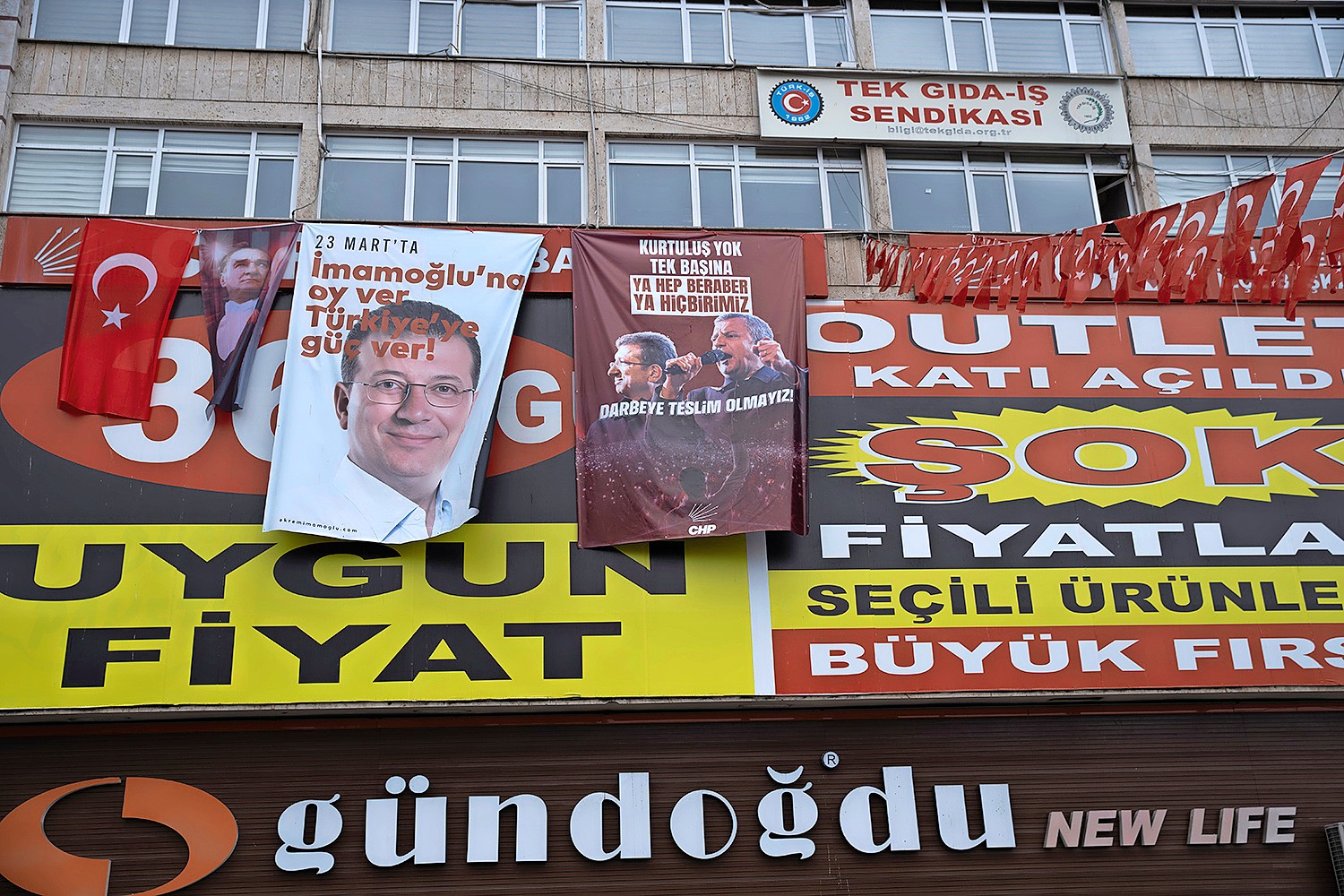
“The economy is bad,” he says. Despite describing himself as a conservative, Uzun also despairs at the lack of late-night entertainment, and the accompanying alcohol restrictions.
Uneasiness with Erdoğan’s Turkey is not limited to the young. Tea growing and processing is the town’s major industry and biggest export, an economic lifeline in a country that is the world’s largest consumer of tea. But the lifeline is fraying. “Nobody's business is going well,” says Bayram Erdoğan (no relation), who runs a factory packaging and selling tea. “It’s very difficult to work without a bank loan. If you are with the opposition, then the banks won't give you loans.”
Erdoğan the tea seller was never a supporter of Erdoğan the politician, despite growing up across the street from his family. “As his neighbour, I looked for excuses to vote for him, –that he is a good Muslim or he will do certain things – but I could never find one,” he says. “People have made him an object of worship. They've made him into a kind of symbol and they are voting for that symbol.”
The president’s opponents are looking to capitalise on this sentiment in Erdoğan’s heartland. Saltuk Deniz, the head of the Rize branch of the opposition Republican People’s Party (CHP), says the party’s membership has increased by half in the period since the Istanbul mayor was detained, although numbers remain small. “We see it in the polls but we feel it in the streets – the CHP is getting stronger here,” he says.
“It used to be that we were never welcomed at all. People would mistreat us when we were out on the streets, but wherever we go now we are welcomed.”
The CHP won one of three parliamentary seats in Rize in the last election – for the first time in almost 50 years. Deniz says the Istanbul mayor’s arrest had fuelled a sharper turn away from Erdoğan’s AKP, and that he believes public trust in the president is waning, even in Rize. “This is not just the hometown for Erdoğan – this is the hometown for all of us,” he says.
In the town square, an off-duty police officer gives his name only as Mesut, fearful of being identified. He sits on a bench, staring up at one of the giant portraits of the president.
Mesut hints that he supported Erdoğan in the past, but after two decades is now unsure if he can vote for him again when the time comes.
“The same government, the same state for such a long time,” he says. “It just feels like things are crumbling.”
